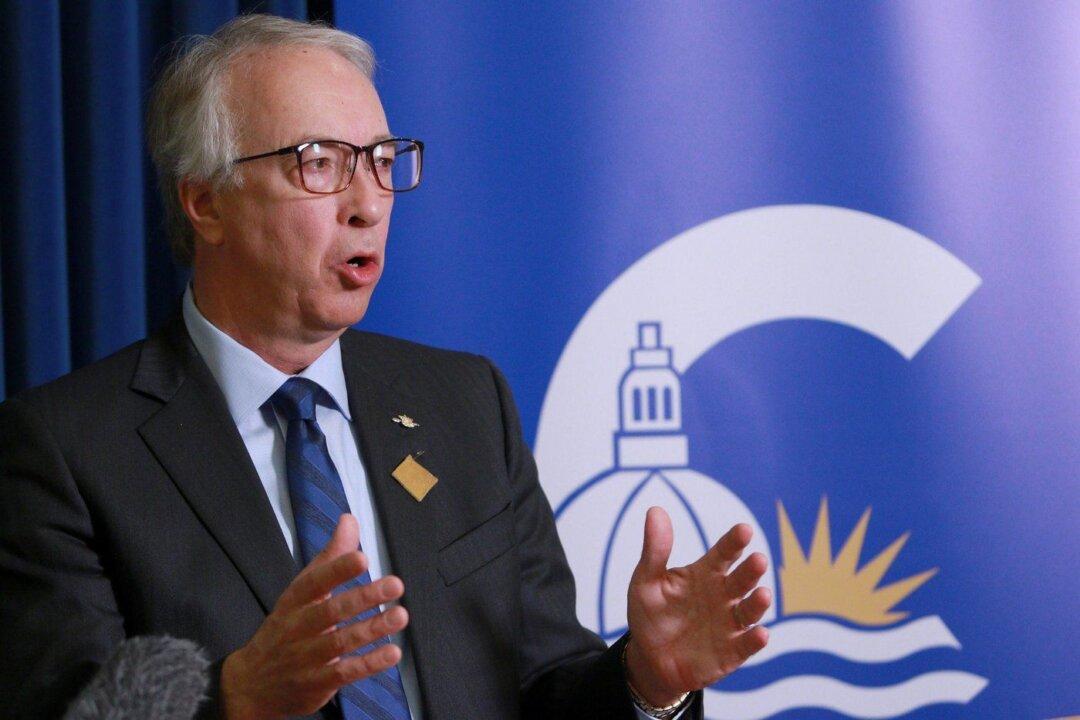B.C. Conservative Leader John Rustad says he had a sense of his party’s growing popularity in early 2023, but the extent of it really hit home after a provincial byelection last summer.
“It started to really look like a big deal,” Mr. Rustad told The Epoch Times.





